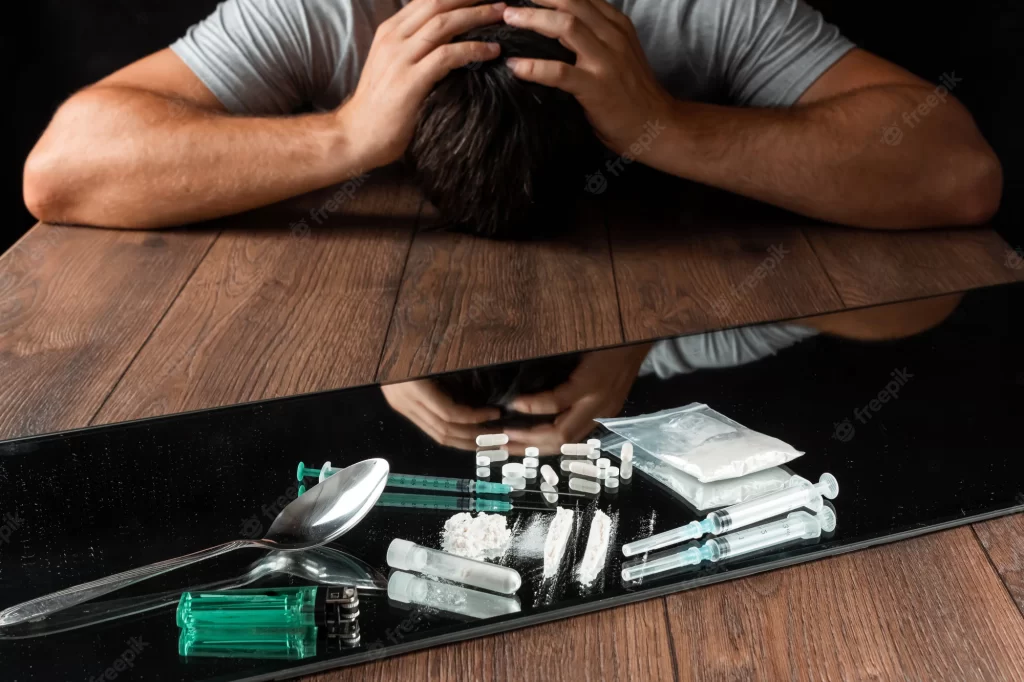
Dual diagnosis does not mean one has two mental disorders but refers to a co-occurring condition where one suffers from a mental illness and an addiction disorder. The two conditions have to happen concurrently to be considered a dual diagnosis. This means that dual diagnosis does not truly refer to a double diagnosis but is a combination of two different diagnoses combined.
While this sounds rare, you may be surprised at its popularity. Eight of the over 21 million people with addiction problems in the US have a dual diagnosis issue. This is a pretty large number that should not be ignored. The condition is more common than most people talk about, which is why immediate intervention is often advised. Think of enrolling yourself or a loved one at a facility that caters to such cases as Skyward Treatment center.
How Does this work? – Is one a Cause of the Other?
Due to the nature of the dual diagnosis, it is not surprising that most people are confused about its occurrence. You may wonder if one fo the conditions could be a trigger of the other. This is a possibility, not a confirmation, since no one knows what causes dual diagnosis.
However, people with mental illnesses are at a higher risk of becoming addicts, especially if they self-medicate with substances to help them feel better. Most people are not even aware that their substance use is considered a disorder in the first place.
One thing is for sure, though, and that is the fact that the use of substances and drugs worsens mental illness. Conversely, prolonged use of substances and alcohol can also lead to mental disorders. This happens when substance use alters the brain’s chemical balance, leading to severe effects, among them being mental disorders.
Ultimately, it may be difficult to tell exactly which of the two conditions caused the other. However, they both affect or influence the occurrence of each other.
How to Handle Dual Diagnosis
Both mental illness and addiction and significant disorders are difficult to handle. They tend to be more challenging and can be tricky to manage without the right kind of support. However, with the influence of the right professionals, patients can recover. All one needs is the appropriate treatment that addresses their challenges. These include:
Psychotherapy: This is a vital part of dual diagnosis treatment. Patients are taught the different mechanisms to help them cope and manage without substance abuse. Other types of therapies are applied.
Inpatient rehabilitation: This is an option for patients who need round-the-clock monitoring for their mental evaluation and medical treatment. This has to be done at a center where medication and other support forms are given.
Supportive Housing: This is a safe environment offered to patients who need extra support to help them cope and manage through recovery. It works for newcomers
A lot of research is needed when settling for a partner to help you with the dual diagnosis treatment. Make sure the facility you choose is experienced and open to fully guiding and helping the patients recover. Skyward Treatment center is your go-to partner for this. Call today for the best support.






